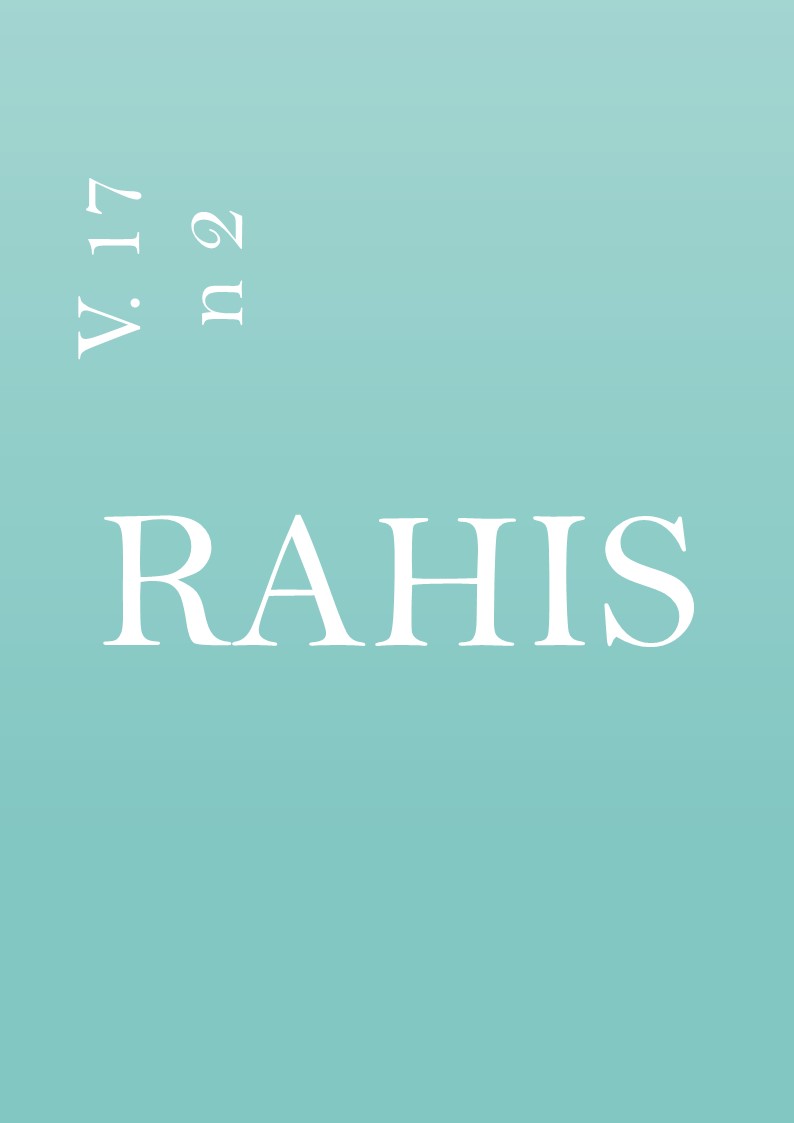Abstract
The clinical and managerial efficiency of SUS hospitals in the treatment of COVID-19 in Brazilian municipalities was evaluated from the date of the first case of the disease in the country until the date of death, number 100,000. The DEA method was used in two stages. The 437 municipalities in the sample were used as units to assess managerial and clinical efficiency in the treatment of COVID-19. The results show that the analyzed municipalities have, on average, better rates of clinical efficiency (0.76) than managerial (0.65). It was observed that there is a possibility that municipalities with low managerial efficiency achieve high clinical efficiency. It was evidenced that 38% of the sample has high managerial and clinical efficiency in the treatment of COVID-19, while 29% has low managerial and clinical efficiency. It was demonstrated that 62% of the municipalities have a significant opportunity to improve managerial or clinical efficiency. The proposal and implementation of a model for assessing the managerial and clinical efficiencies of municipalities in the context of COVID-19 was contributed. The models and results can be used by researchers and public bodies such as ministries and secretariats.

